ADUM3160 1 Way USB TO USB Voltage Isolator Module
The ADUM3160 1 Way USB TO USB Voltage Isolator Module utilizes Analog Device’s exclusive iCoupler technology and conforms to USB 2.0 standards. It offers isolated data transfer speeds of 1.5M bps and 12M bps, with a isolation voltage of 1500V. Plus, it operates without the need for external power or drivers. This clever device also shields the USB port from high-powered external sources and safeguards both the computer’s USB port and motherboard.
The key characteristics of the ADUM3160 1 Way USB TO USB Voltage Isolator Module.
- Compatible with USB3.0
- Output that is separate or not connected to any other parts.
- Complimentary transportation
- Assist with USB control transfer
- Provide assistance for bulk transfers.
- Support asynchronous transfer
- Assist with a lower rate of 1.5Mbps
- Assist at maximum velocity of 12Mbps.
- Facilitate speed selection via onboard switch
- It is not recommended to endorse devices that are solely focused on high-speed capabilities.
- The application is available for download on our website.
- In certain circuits, there may be a presence of high voltage, inverters, and motor drives which can generate strong electricity and interference. For safety purposes, it is necessary to isolate the computer from these elements in order to protect both the computer and individuals working in this environment.
- In an environment that is sensitive to noise, the computer can be a significant contributor. When working with equipment that requires delicate sound quality, such as a high-precision USB data acquisition system or HIFI sound system, this device can effectively segregate the USB interface.
- USB debugging device: Such as a variety of USB interface JTAG/SWD emulators, ISP/ASP/IAP/ICP downloaders, etc. If connection issues occur frequently during the debugging process, utilizing a USB isolator may help improve simulation abnormalities.
- In industrial settings, USB devices such as mice, keyboards, and communication devices are prone to crashing. However, the use of USB isolators can help prevent these crashes and protect the devices from damage. Additionally, in cases where the USB cable needs to be extended, a USB isolator can serve as an effective repeater while also addressing any potential differences in ground pressure between upstream and downstream devices.
- USB peripherals, including but not limited to mouse, keyboard, sound card, flash disk, printer, digital camera, HUB and camera.
- When dealing with medical equipment, the safety of the human body is paramount. However, certain devices rely on USB connections to collect data or administer treatment. In such cases, direct electrical contact with the body is necessary but precautions must be taken to prevent any high voltage from passing from the computer through the interface and causing electric shock. Proper electrical isolation of the interface line is crucial in ensuring protection for patients.
- Some examples of USB debugging devices include various JTAG/SWD emulators, downloaders for ISP/ASP/IAP/ICP, and USB isolators in case there are connection issues during the debugging process. Other full speed devices that can be used with a USB connection include a flash drive, digital camera, card reader, mobile hard disk, U shield, USB hub, and various other modules such as AVRJTAG, AVRISP, AVRISPMKII, S-Lab, JET51, J-Link, FET430UIF, PICKIT2, XDS100 LPC-Link ICD2. Additionally, there are also USB to TTL modules available such as FT232 CP2102 ,PL2303 and CH341.
- Devices that are not supported include a USB wireless card and certain USB3.0 flash drives.


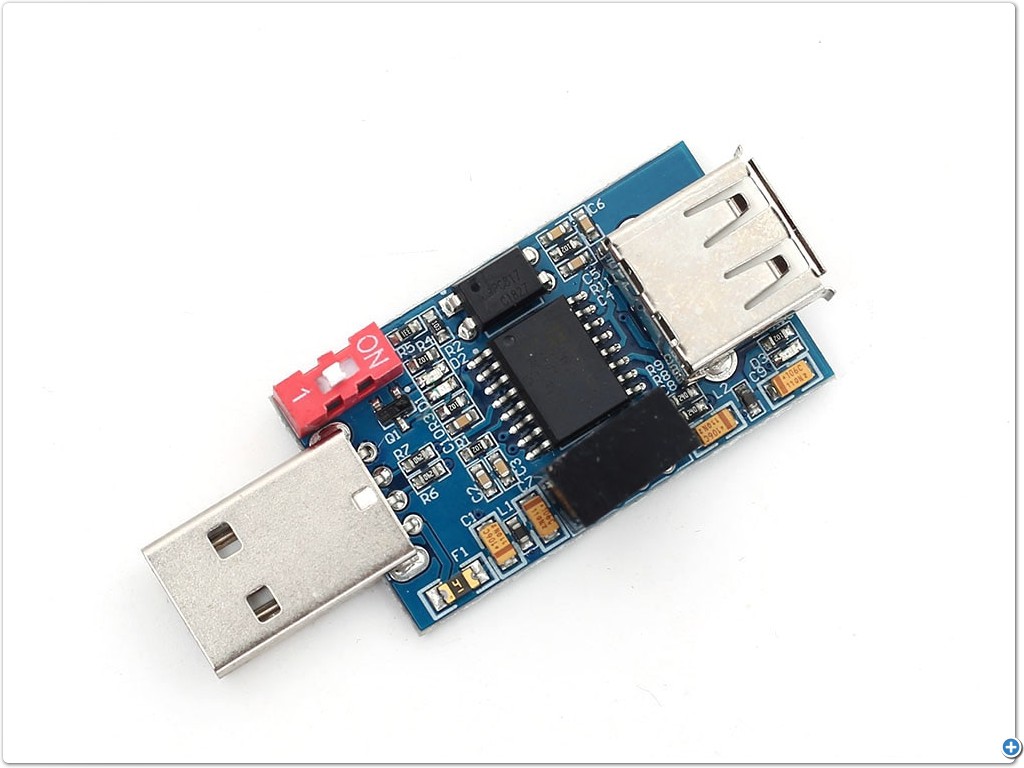
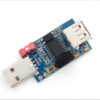
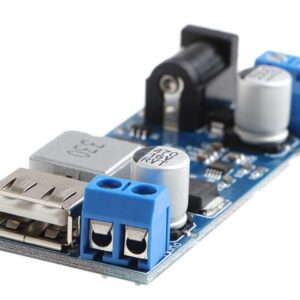
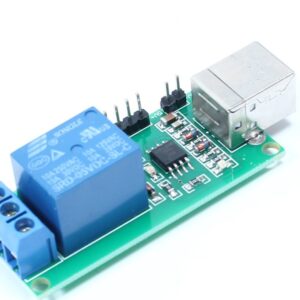
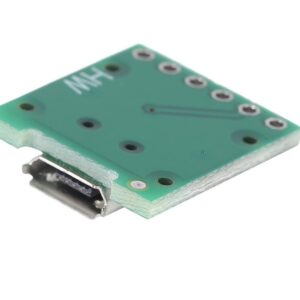
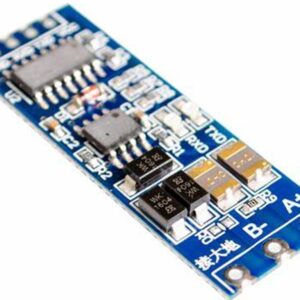

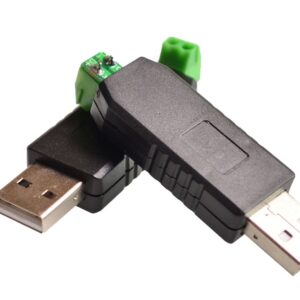
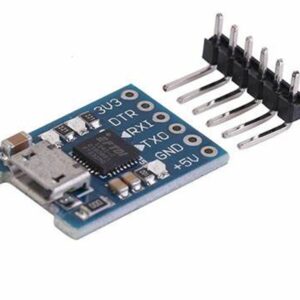
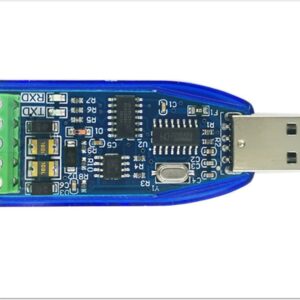
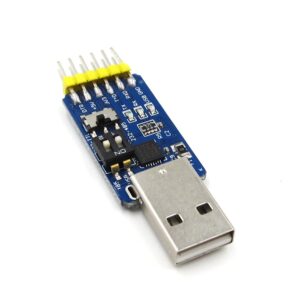
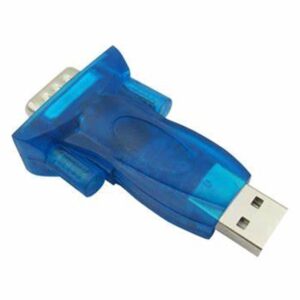
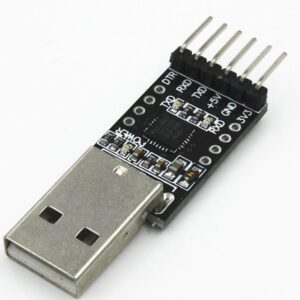
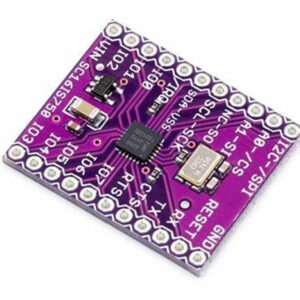
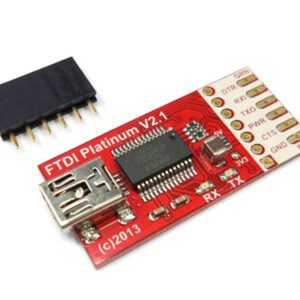
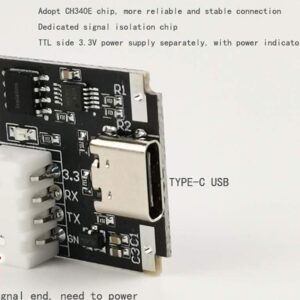
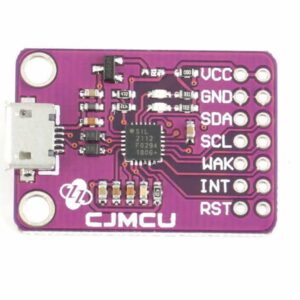
There are no reviews yet.